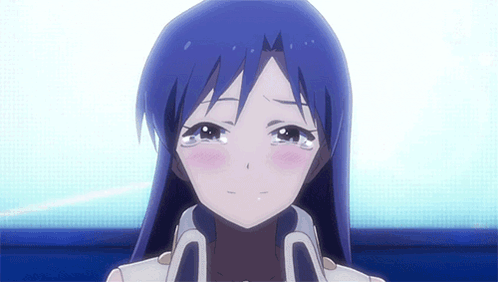If there’s a word that has been twisted and paraded around until it became weaponized into a cultural bludgeon; it’s the word “cringe”. Once upon a time, to cringe meant a tiny flash of secondhand embarrassment that showed just how much we could feel on behalf of others. But on the internet, that intimacy has been stripped away; and what remains is a tool for humiliation and not saying “I feel for you” but “you don’t deserve to be seen.” Cringe is no longer an involuntary wince, but a verdict, and stamp of rejection that punishes anyone who dares to show themselves too earnestly.
If I sound angry about this, it’s because I am. The internet has become so damn allergic to sincerity that it treats any unguarded moment like a contagion to be quarantined, mocked, and destroyed. People are terrified to care too much, to admit to joy or heartbreak without irony, because they know the response waiting for them will not be kindness or curiosity but ridicule. What passes for culture online is often nothing more than a reflexive sneer, a ritual of tearing down what is genuine before it has a chance to live, and if that isn’t a damn tragedy, I don’t know what is.
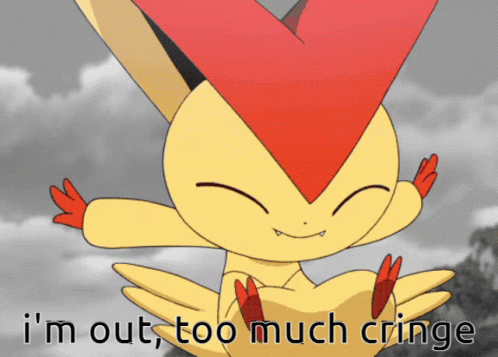
Tools In the Wrong Hands
The mutation of cringe from a moment of awkward empathy into a weapon didn’t just happen by accident; it just reflects the logic of platforms where attention is currency and cruelty is one of the cheapest ways to get it. To mock someone as cringe is to assert superiority and place yourself above them in the unspoken hierarchy of virality, and in a world where status is measured in likes and retweets, that holds so much power.
It isn’t so different from the cruelty of being a teen and the hierarchy at school, where you were constantly reminded of who belonged and who didn’t, except now the school is infinite and the crowd never leaves, so every embarrassing misstep is recorded, replayed, and mocked into oblivion. Passion is cringe, vulnerability is cringe, an awkward attempt at self-expression is cringe, and if you let those judgements add up, what you see is an entire generation being trained to believe that caring itself is shameful.
It’s not just sad, it’s corrosive, because sincerity is the foundation of intimacy and connection, the thing that allows us to risk being seen in our full humanity. Without it, we are left with irony layered over irony, and the empty performance of detachment that feels safe only because it is incapable of touching anyone on a deeper level. And the bitter irony in all this is that the people who use “cringe” most aggressively often aren’t secure or insightful but miserable, numbing their own discomfort by preying on others, trying to prove they are untouchable even as their cruelty reveals how empty they are.

Rage as Currency
But the culture of cringe is only one part of the sickness; what has grown way more across the internet is a more generalised cruelty, not targeted at those who wield power or cause harm but sprayed indiscriminately at strangers who dare to show themselves. A person posts a simple drawing they are proud of, and some anonymous account will tell them to kill themselves. Someone will share some awkward but harmless anecdote, and it gets screenshot, circulated, and ridiculed by thousands who will never know the context. Cruelty has become random, ambient, and unpredictable, which is precisely why it is so devastating. You cannot avoid it, because there are no rules left to follow.
I’m not just talking about human nature; it’s actually about design. Cruelty spreads because cruelty is profitable. These platforms are built to amplify outrage and hostility, because anger makes us scroll, and scrolling makes them money. The more conflict, the more engagement; the more engagement, the more profit. What looks like random malice is, in fact, an incentive structure. Why do you think rage baiting is so common nowadays?
And once that structure took hold, it changed how we live online. The possibility of cruelty, even if you never experience it firsthand, conditions you into caution, self-censorship, and sanding down the edges of your personality until you are smooth and unthreatening. You stop posting the sketches, the random thoughts, the honest confessions, because you know the mob could arrive without warning. Cruelty doesn’t just silence individuals; it creates a climate of fear where everyone learns to anticipate humiliation before it happens. And that climate doesn’t end when you log off, it bleeds into the rest of life, shaping how you speak in conversations, how you carry yourself in classrooms or workplaces, and how you share or withhold parts of yourself even with people you trust.
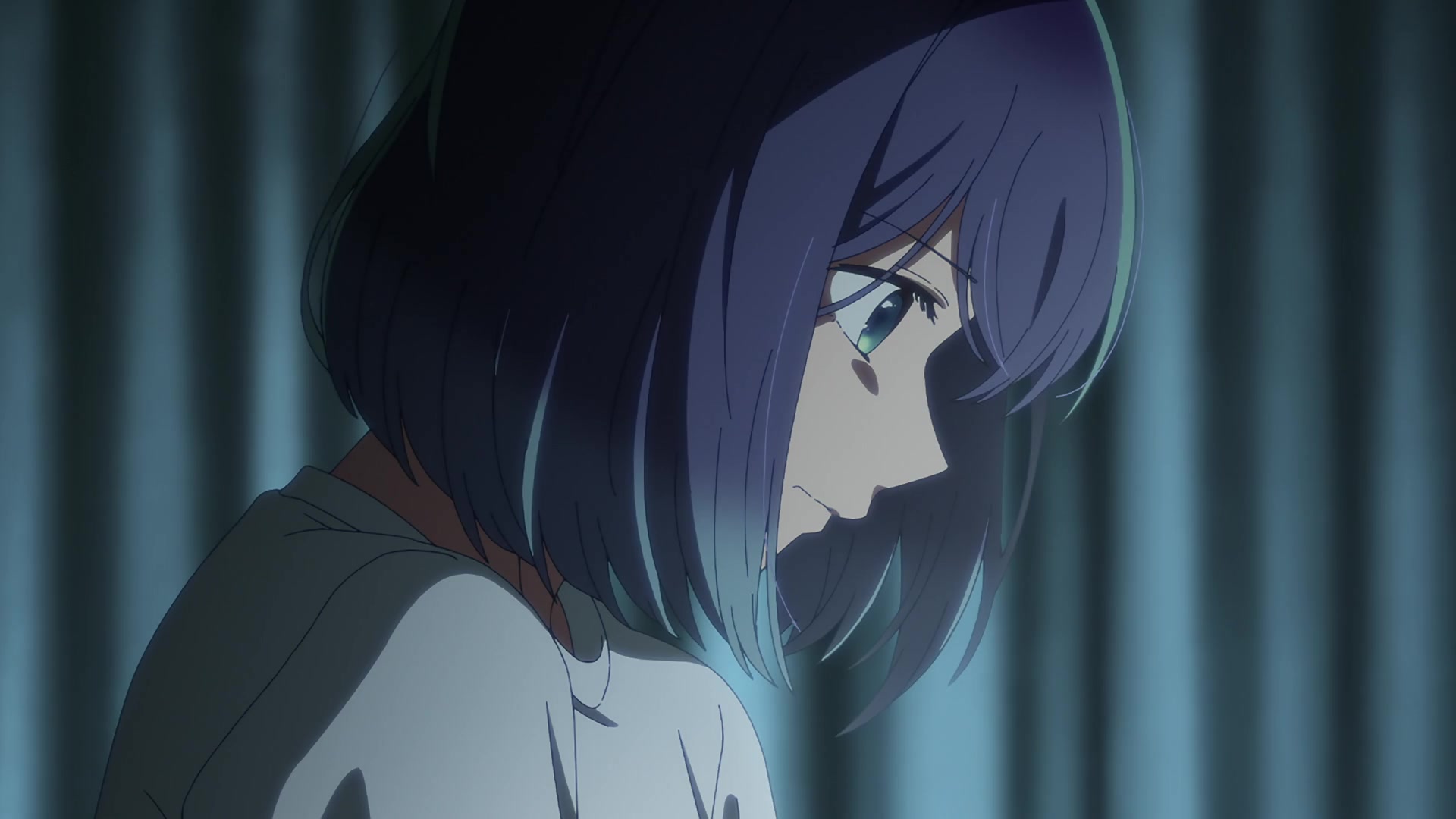
The Collapse of Independent Thought
The thing is that cruelty doesn’t exist in isolation, it works hand in hand with conformity to flatten opinion and destroy independent thought. The internet should have been a space where exposure to countless perspectives deepened our thinking and sharpened our ability to hold nuance, but instead it’s left us more afraid than ever of standing out.
Opinions are not evaluated for their reasoning or depth but for their alignment with whatever take is most popular at the moment. To deviate from consensus risks ridicule, and ridicule carries things like isolation, harassment, accusations of ignorance, or just the suffocating label of cringe. The result is a culture of clones, where people repeat what they think they are supposed to believe, not because it reflects their inner convictions but because safety lies in sameness.
It happens most glaringly in fandom, which once thrived on interpretation, creativity, and disagreement but now often operate as a rigid hivemind. If you don’t ship the same characters in the same way, you risk exile; if you bring nuance to a “polarised” debate, you are treated as disloyal; if you critique what others praise, you are branded a traitor. The speed of these changed is freaking dizzying, the boundaries of acceptable opinion can change overnight, and people scramble to adapt, parroting the new idea not out of belief but out of fear. What emerges isn’t dialogue but survival, and survival stripped of curiosity and sincerity is little more than a slow death of the mind.
Cruelty enforces conformity, conformity suppresses thought, and what remains is a population terrified of itself, mistaking silence and repetition for safety.
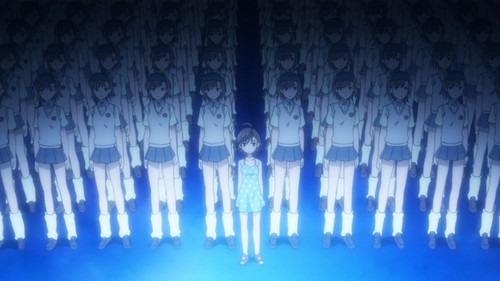
The Death of Sincerity
At the middle of this dreaded collapse is the death of sincerity, and if that sounds dramatic, it should, because sincerity is what allows us to be human together. To be sincere is to risk embarrassment, and say what you actually feel without filtering it through irony or disguise, to let yourself be seen even if you are imperfect, awkward, or wrong. It’s an act of courage, and like all acts of courage it leaves you vulnerable.
The internet has made that vulnerability intolerable. Every sincere expression is treated as potential content for ridicule, every earnest attempt as some spectacle to be mocked. Without sincerity, everything becomes a performance, where relationships are staged, opinions are staged, even intimacy is staged. What matters is not whether it is true but whether it will be approved, whether it will avoid mockery, whether it will blend into the endless churn of content without drawing too much attention.
The death of sincerity is not a cultural quirk but a spiritual catastrophe. Without sincerity, there is no intimacy, no trust, no beauty. Without sincerity, all we have are curated surfaces that hide emptiness under them. And that emptiness is contagious, the more you fear being real, the more you encourage others to hide themselves as well, until eventually everyone is performing for no one, circling each other like ghosts.
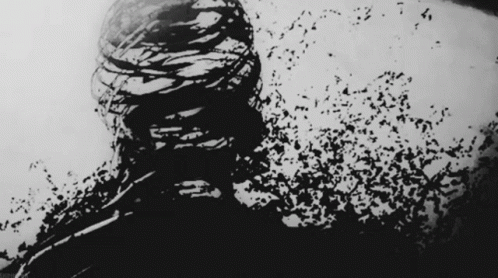
The Exhaustion
And perhaps what wears me down the most is not just the cruelty itself but the exhaustion of living in this damn climate day after day. To log on is to brace yourself, to wonder which harmless expression of joy will be mocked next, which friend will be shamed into silence, or creative bubble will be crushed before it can take shape. The fatigue builds, until you find yourself holding back without realising it, censoring yourself before you even type, and diluting your passions into irony before you dare to share them.
To live this way is soul-killing. To live in constant fear of being cringe is to live in constant fear of being alive, because life itself is wild and awkward and embarrassing, full of too much love, too much hope, too much vulnerability to ever be neat. To cut cringe out of your life is to cut out care, and to cut out care is to cut out meaning.
What’s Left?
And yet, sincerity always finds a way to survive. In the forgotten corners of the internet, in forums, in private groups, people share what they love without shame, in the fanart that is clumsy but heartfelt, in the essays that ramble but burn with conviction, sincerity still has a pulse. Each time it beats, it reminds us that the possibility of being real has not been extinguished, only driven further underground.
The question is whether we will defend it, and will allow ourselves to resist the reflex to sneer, permit ourselves to care even when caring looks foolish. It is easier to mock, conform, and stay hidden in irony, but easy does not make life worth living. What makes life worth living are the moments when we risk exposure, when we care a little bit too much, and when we are willing to be cringe because being cringe is just another way of saying we are alive.
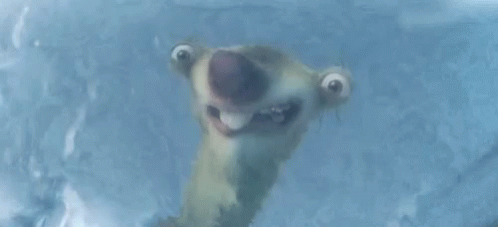
Toward Courage
What we need is not a mythical golden age of the internet that never truly existed, but a change in courage. We need the courage to treat sincerity not as weakness but as strength, and to call cruelty for what it is, cowardice masquerading as cleverness, and to insist on the value of opinions formed in conviction rather than consensus.
The internet is no longer separate from life, as much as we would like it not to be; it is the stage on which our lives unfold. If we accept cruelty and conformity online, we accept them within ourselves. And if we surrender sincerity here, we surrender it everywhere.
So perhaps the most brave act left to us is to embrace the very thing we have been taught to fear, to be as cringy as you can be, to be earnest, to care too much; and to risk looking foolish but to do it anyway. Because if we can’t reclaim sincerity, then we can’t reclaim ourselves, and if we lose ourselves, then all the cleverness and cruelty in the world will have bought us nothing but emptiness.
